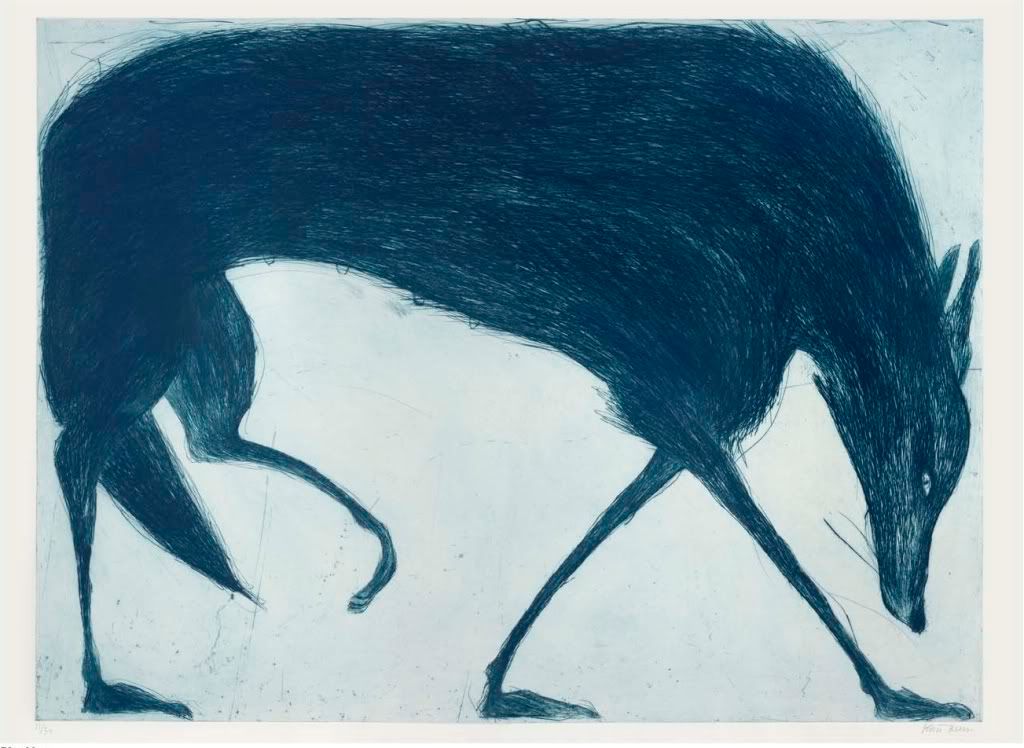Scan barcode
A review by glenncolerussell
The Wolf by Guy de Maupassant
5.0

A classic tale of adventure, death and revenge from master short storywriter Guy de Maupassant (1850-1893). This five-pager begins with an unnamed narrator standing among a gathering of friends in a parlor with a fire crackling in the fireplace. Accounts of great deeds of hunting and bravery are exchanged, one storyteller topping another, when old Marques d'Arvile exclaims he has an account of such bravery as not to be outdone - he then relates a drama about his distant ancestor Jean and Jean's older brother Francois taking place in 1764.
The two brothers were vigorous hunters, taking every opportunity to spend their days on horseback in pursuit of fox, fowl and other game. But there came a time when a huge, cunning wolf ravaged the countryside, terrorizing the peasants and killing and devouring not only livestock but also children of the village. Something has to be done.
They both set out together with bloodhounds to track down the great grey wolf, but without success; it was as if that huge ferocious beast possessed the mind of a shrewd man. On returning to their castle that evening, the brothers suddenly came upon the murderous wolf in a clearing. The wolf leaped up and sped off through the woods.
As if carried by the wind, Jean and Francois set off in full pursuit. But tragedy of tragedies - Jean's head struck a large overhanging tree branch - he was knocked off his horse and tumbled to the ground, his brains pouring out of his skull. Grief-stricken and after shedding many tears, Francois placed his dead brother across the saddle of his own horse and somberly rode on through the forest.
Then, after more tracking up and down for miles, under a full moon, the wolf appears. Time for the ultimate showdown. We read, "Then he attacked the monster. He felt himself strong enough to overturn a mountain, to bruise stones in his hands. The beast tried to bite him, aiming for his stomach; but he had seized the fierce animal by the neck, without even using his weapon, and he strangled it gently, listening to the cessation of breathing in its throat and the beating of its heart. He laughed, wild with joy, pressing closer and closer his formidable embrace, crying in a delirium of joy. "Look, Jean, look!" All resistance ceased; the body of the wolf became limp. He was dead."
One can almost hear the cheers of joy from generations of French readers, especially those who have lost love ones as the result of an attacking wolf. Maupassant's story captures an undeniable purity; it is as if every single word is a perfectly set gem. The author could write as a realist, naturalist, decadent or existentialist, and he could also write, as displayed in this short tale of the wolf and two brothers, as a red-blooded romantic in the tradition of Alexander Dumas and Victor Hugo.
And I would offer the following additional reflection: what contributes to the tale's incredible power is the fact that it contains the compressed energy of hundreds of generations of our ancestors, historic and prehistoric, who had to muster extraordinary courage and strength to combat ferocious beasts, such as wolves, leopards and saber tooth tigers.
No matter how many times I either read or listen to this story, I sense a freshness and mysterious beauty. Our world literary tradition would be much enriched if a twenty-first century writer would come along and tell tales with Maupassant's thematic range and a measure of his authorial talents.